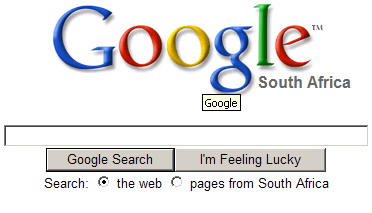The following is a selected list of several notable HIV-related articles and news stories for April.
(1) Sooner is better: A New England Journal of Medicine article suggests we should start ARVs sooner. In the authors own words, "[there is strong] evidence that patients would live longer if antiretroviral treatment was begun when their CD4+ count was above 500." (Sax/Baden, New England Journal of Medicine, 4/30).
(2) We can do better: An accompanying editorial notes that, "[While] the battle to start providing antiretroviral therapy in the developing world has been won, the battle to provide the best care we can is just beginning" (Ford et al., New England Journal of Medicine, 4/30). Most African treatment programs start ARVs at a CD4 of 200 or, at best, 350.
(3) HIV no better (or worse) than diabetes? According to a study in South Africa, the Ivory Coast, Zimbabwe, and Malawi, for adult patients who start ART with a high CD4 lymphocyte count and no signs of advanced HIV disease, mortality is similar to that associated with diabetes. (Brinkhof MWG, et al. E, Mathers C, et al. (2009) PLoS Med 6(4))
(4) Is transmitting HIV worse (or as bad) as killing? The Ugandan Government is considering criminalizing HIV transmission a move that is believed by many advocates of prevention efforts to invokes stigma, discrimination and a disincentive for voluntary testing, and access to care and treatment."
(5) Does it not follow that HIV prevention is good? An Iranian appeals court recently upheld the sentence for two Iranian physicians brothers who implemented Iran's first HIV/AIDS prevention program. Arash and Kamiar Alaei received prison sentences of six and three years, respectively, The charge was plotting to overthrow the Iranian government.
(6) Before hitting the sack: An analysis of three recent studies (South Africa, Uganda and Kenya) found that heterosexual African men reduced their risk of HIV infection by half after undergoing circumcision. From an evolutionary perspective, one author said, “There are no more competitive advantages to keeping your penis in a sack.” (The Cochrane Library)
(7) China’s No.1: China announced in February that HIV/AIDS was the country's No. 1 deadly infectious disease in 2008 (UNAIDS)
(8) USA’s number is up: One person in the U.S. contracts HIV every nine-and-a-half minutes, and new infection rates are climbing among many groups. This and other messages will be dissiminated during a five-year, $45 million campaign to increase HIV/AIDS awareness in the States, where for many at-risk the epidemic has fallen off the radar screen.
(9) 1,200,000: HIV/AIDS-related mortality and prevalence among residents of 12 PEPFAR-funded countries (Botswana, Cote d'Ivoire, Ethiopia, Kenya, Mozambique, Namibia, Nigeria, Rwanda, South Africa, Tanzania, Uganda and Zambia), when compared with residents of 29 other sub-Saharan African countries that did not receive PEPFAR funds, was lower, with estimated lives saved in the seven-digit range, or around 1.2 million.

